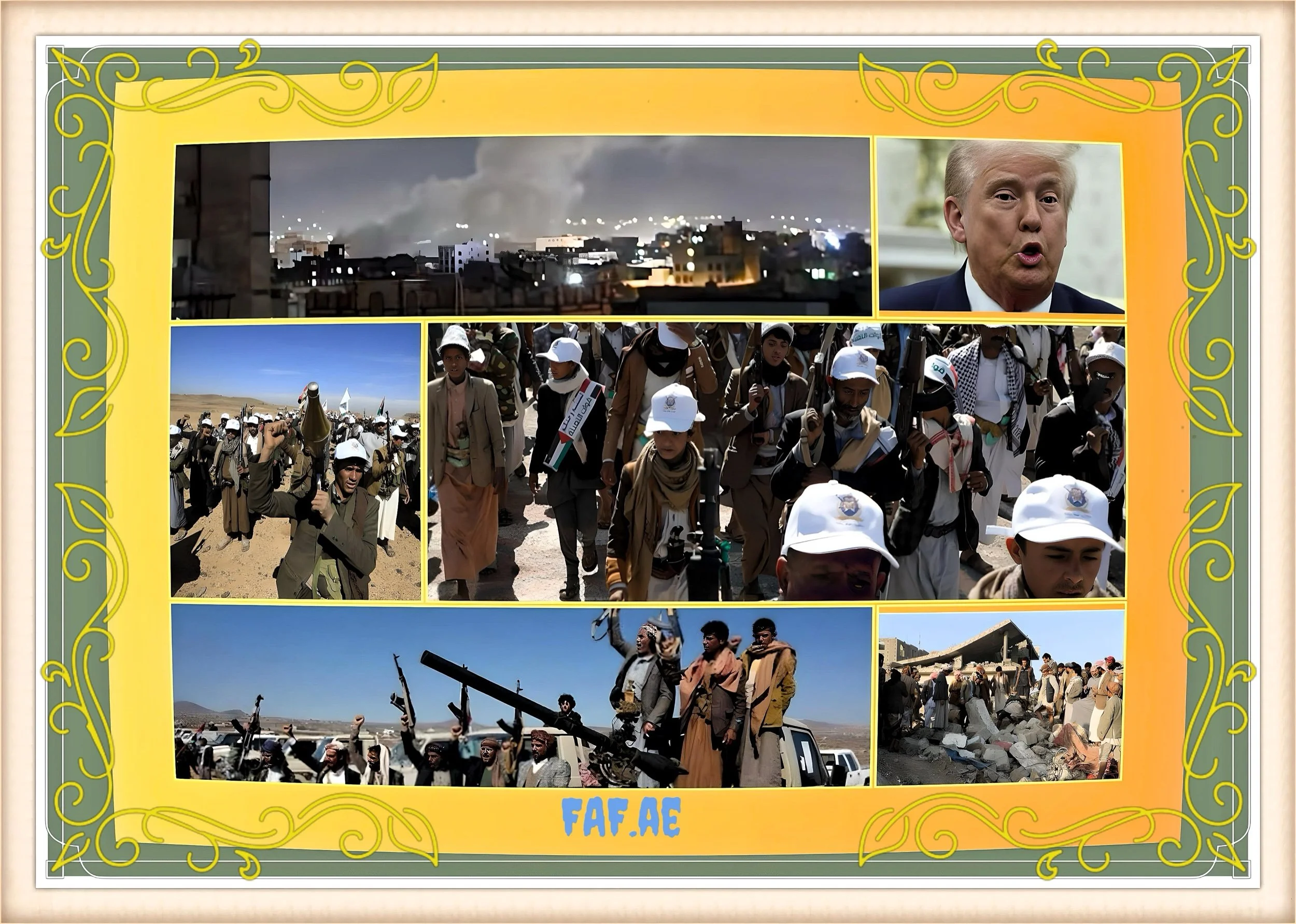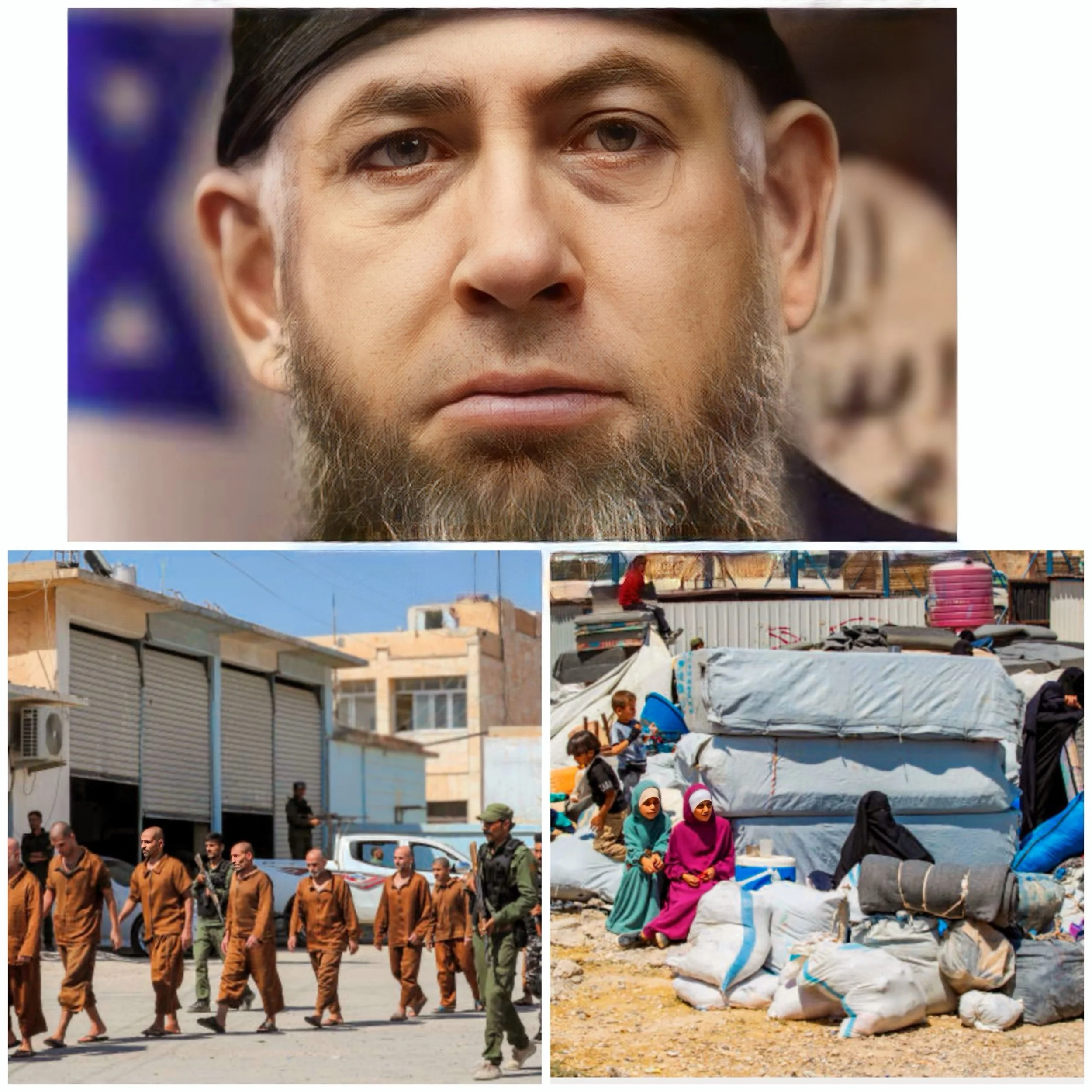Trump Announces Death of ISIS Leader Abu Khadija in Iraq Airstrike
Introduction
On March 15, 2025, U.S. President Donald Trump announced that Abdullah Makki Muslih al-Rufayi, also known as Abu Khadija, the head of the Islamic State in Iraq and Syria (ISIS), was killed in a precise military operation. Taking to his Truth Social platform, Trump declared that the “fugitive leader of ISIS in Iraq was killed” after being “relentlessly hunted down by our intrepid warfighters.”
The Operation That Eliminated Abu Khadija
The operation that resulted in Abu Khadija’s death was a coordinated effort involving U.S. forces, Iraqi intelligence, and security units. According to the U.S. Central Command (CENTCOM), a precision airstrike was conducted in Iraq’s Al Anbar Province that successfully eliminated Abu Khadija along with another ISIS operative. The strike appears to have been executed on Thursday, March 14, with confirmation of death coming the following day.
After the airstrike, U.S. and Iraqi forces investigated the site and discovered the bodies of both ISIS members wearing unexploded suicide vests and armed with various weapons. CENTCOM confirmed Abu Khadija’s identity through DNA testing, which had been obtained during a previous raid where he had narrowly escaped capture.
Role and Significance of Abu Khadija
Iraqi Prime Minister Mohammed Shia al-Sudani described Abu Khadija as “one of the most dangerous terrorists in Iraq and the world.”
As the Emir of ISIS’s highest decision-making body, he was responsible for global operations, logistics, planning, and overseeing a significant portion of the group’s financial activities.
His elimination represents a significant blow to ISIS operations, as he was considered a potential candidate for the position of global leader or “caliph” of ISIS. He had previously been targeted by U.S. sanctions in 2023 and had served as governor of ISIS’s Syrian and Iraqi provinces.
Trump’s Reaction and Announcement
President Trump’s announcement came with characteristic blunt language. In his Truth Social post, he stated: “His miserable life was terminated, along with another member of ISIS, in coordination with the Iraqi Government and the Kurdish Regional Government. PEACE THROUGH STRENGTH!”
The White House reinforced Trump’s message by sharing a video of the strike with the caption: “President Trump Terminates ISIS Leader in Targeted Strike.”
This announcement style echoes Trump’s previous declarations following the killing of ISIS leader Abu Bakr al-Baghdadi in 2019 when he similarly took credit for the operation and used stark language to describe the terrorist leader’s death.
Regional Implications and Ongoing Anti-ISIS Efforts
The announcement of Abu Khadija’s death coincided with the first visit by Syria’s interim Foreign Minister, Asaad Hassan al-Shibani, to Iraq, during which both countries pledged to work together to combat ISIS.
The timing is significant as Iraqi officials have been concerned about a potential ISIS resurgence following political changes in Syria.
Despite the U.S. and Iraq announcing an agreement last year to wind down the American-led coalition’s military mission in Iraq by September 2025, the continuing threat posed by ISIS remains a concern for regional security.
The assassination of Abu Khadija demonstrates the ongoing commitment to targeting high-level ISIS leadership as part of the broader strategy to prevent the group’s resurgence.
Conclusion
The killing of Abu Khadija represents another significant milestone in the fight against ISIS, following the pattern of targeted eliminations of the group’s leadership. Trump’s announcement emphasized American military strength and cooperation with regional partners.
While this operation deals a blow to ISIS’s command structure, the evolving security situation in the region suggests that counterterrorism efforts will need to remain vigilant against the persistent threat posed by ISIS and its networks.
The successful operation against Abu Khadija underscores the effectiveness of intelligence-sharing and coordination between the U.S. and Iraqi forces, even as they prepare for the planned withdrawal of U.S. troops from Iraq by late 2025.






